Broadly, Shannon Mariotti, professor of political science, researches and teaches democratic theory and practice. Specifically, her research analyzes the figure of the witch. According to her, the two, seemingly disconnected at the surface level, could not be more intertwined with one another.
Political theory, one of four main subfields of the political science discipline, tends to look at government and politics through a philosophic lens. Mariotti wrote her first book on Henry David Thoreau. Her next book is going to be about witches.
“It all kind of relates to some of my core questions about practices that are sort of at the margins of conventional politics,” Mariotti said. “And I’m interested in thinking about how those marginal political cases speak to some key democratic issues.”
Mariotti teaches classes on feminist political theory, gender politics and environmental political thought. Eco-feminist scholarship looks at the intersection of these topics.
“[Eco-feminist scholarship] looks at how theories of nature have been gendered female, and so it looks at some of the historical ways that socially constructed ways
of thinking about gender and women have kind of overlapped onto each other,” Mariotti said. “That’s a sensibility that I try to take into my research.”
During the month of October, green, pointy hat-laden women populate lawns in a kitschy fashion. Typically in the form of a grotesque villainess, history tends to forget where the idea of witches and witchcraft really comes from.
“There’s a real tension there, I think, between the ways that a lot of people claim the identity of a witch today and the fact that that was a label of persecution thrust on women in an earlier time, right?” Mariotti said. “I mean, were they really witches? Or were they just, you know, women who happened to be in the wrong village at the wrong time?”
Mariotti’s interest in these margins of political practice connects to the political identity of the witch. Her most recent book is about contemplative practices, like meditation and mindfulness, and how they can be important avenues to reclaim meaningful democracy. Identifying as a witch, Mariotti has discovered, is another avenue for non-patriarchal persons to reclaim that meaningful democracy.
“I started to notice that a lot of young women were identifying as witches, and I started to think, ‘what’s that about?’” Mariotti said. “That’s maybe a new political identity that people are starting to articulate. And so I started to research where that comes from because it’s not new, right?”
In true liberal arts fashion, Trinity University allows its professors to connect their teaching with their research. Mariotti calls the process “seamless.”
“I think there’s a real synergistic kind of integration between scholarship and teaching and between what we do, you know, in our scholarly lives and what we do in the classroom,” Mariotti said. “And I’ve really benefited from that as a scholar and as a teacher.”
Mariotti said that in our discussions of modernity, we often acknowledge colonialism, class hierarchies, capitalism and enslavement, but we forget that witch hunts were part of this violent transformation, too. We also forget that women are still persecuted as witches in many parts of the world to this day.
“The fundamental question … that this all prompts is, what does it mean to be a witch? And what has led to mostly women being persecuted as witches? What does it mean for people to reclaim that identity today as a symbol of power, not as a kind of mark of persecution?” Mariotti said. “I think these are really interesting political questions.”

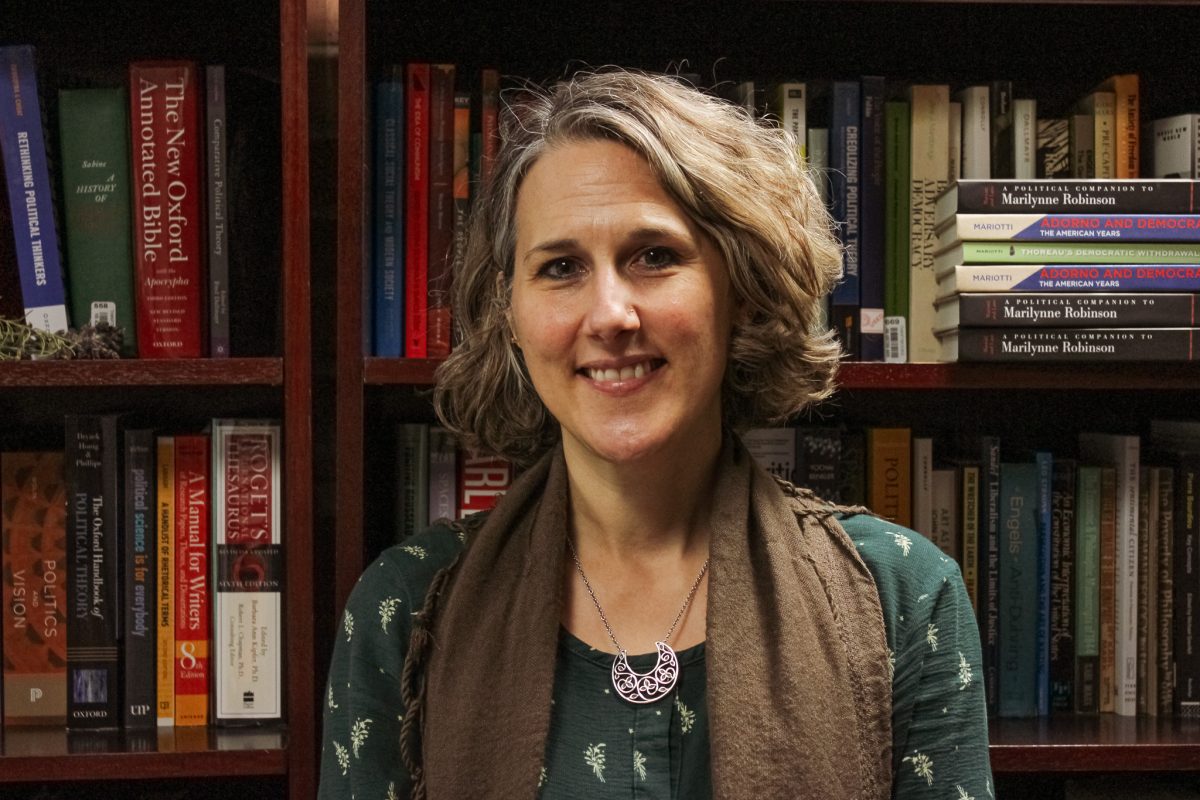





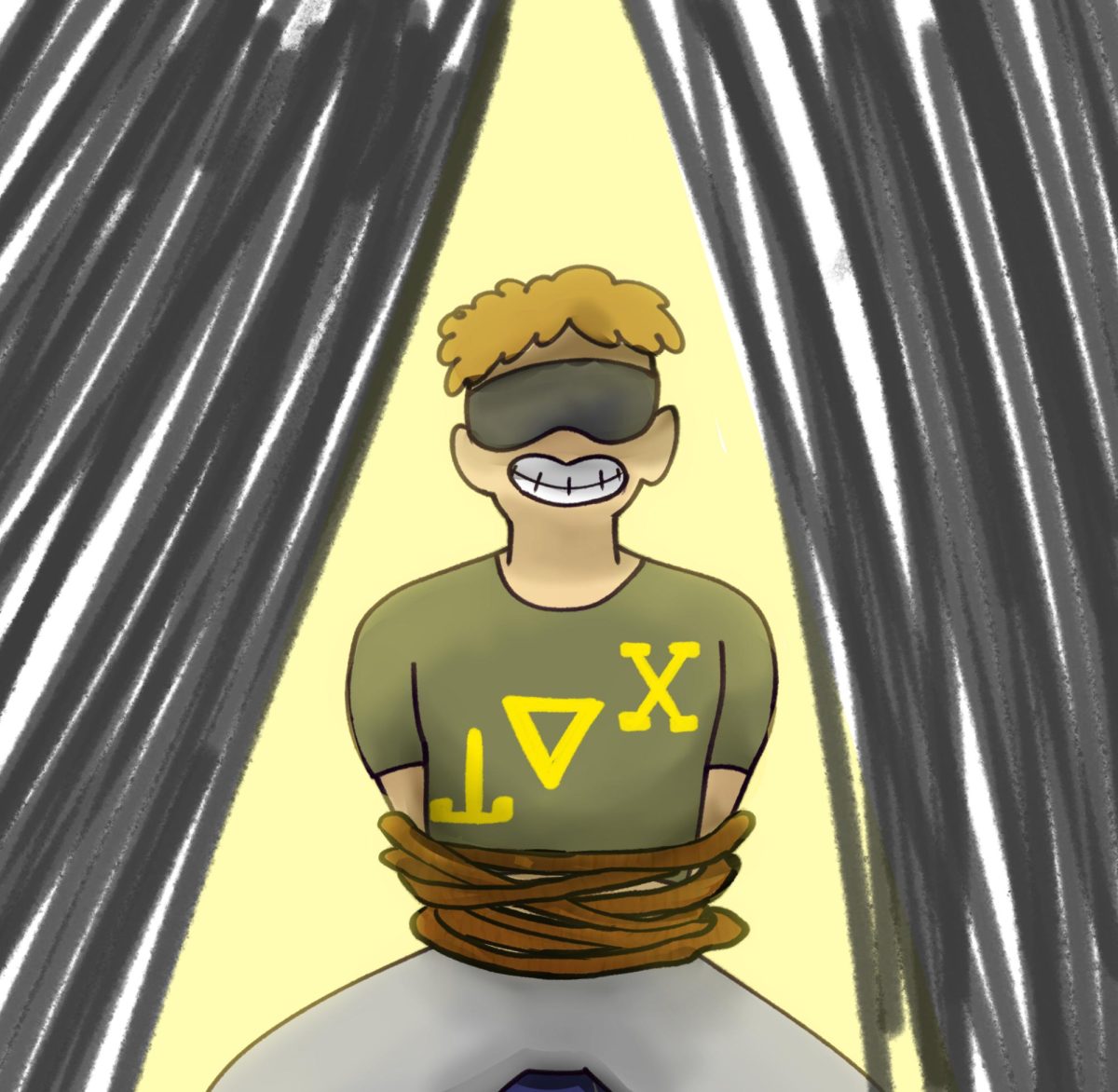
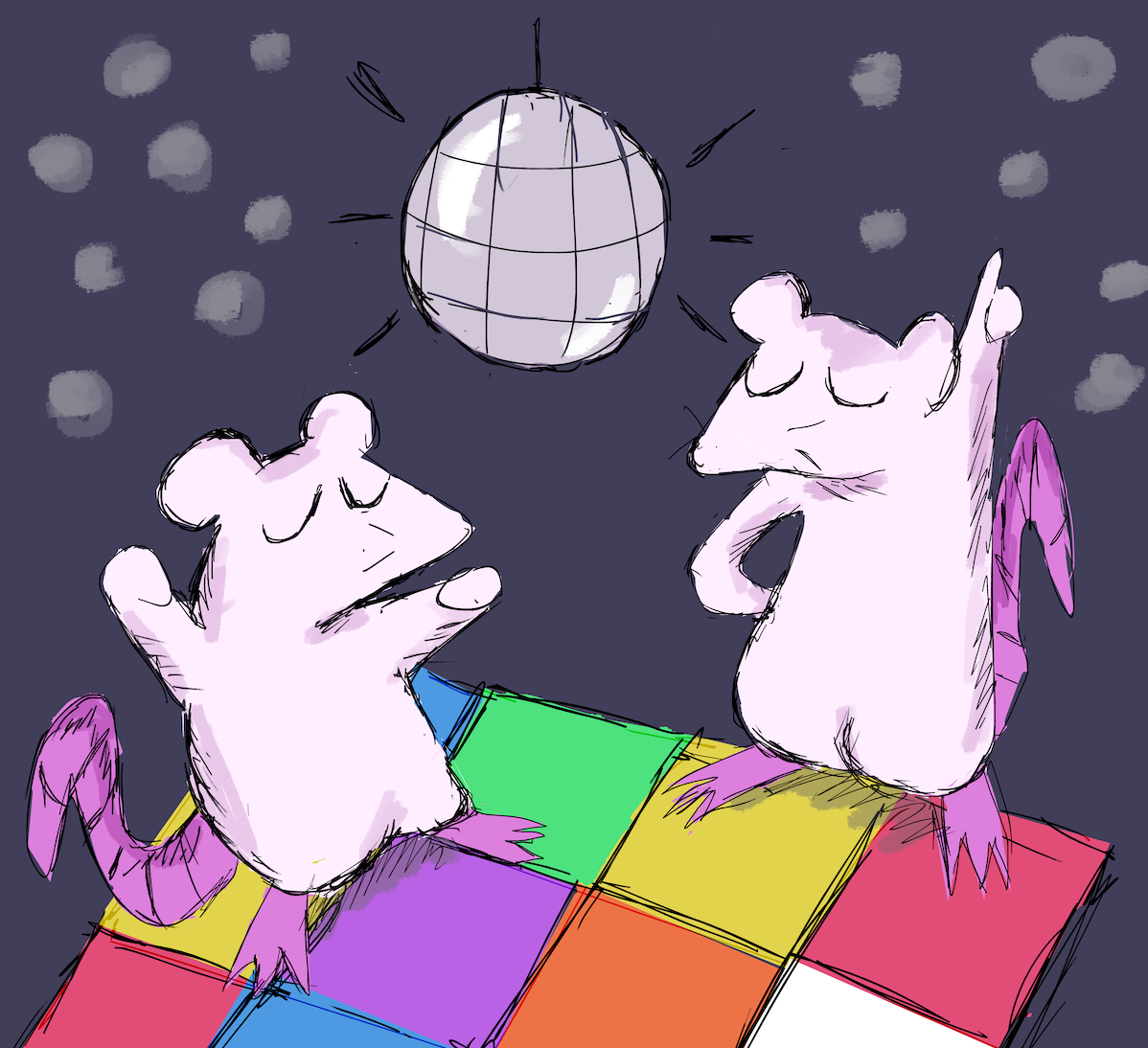
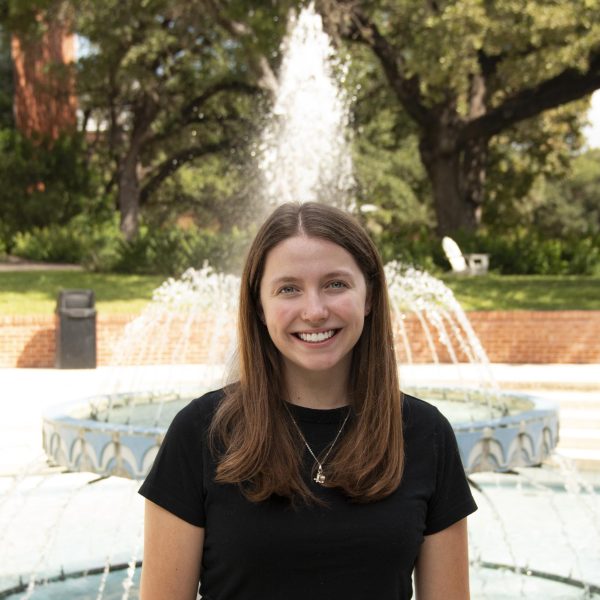
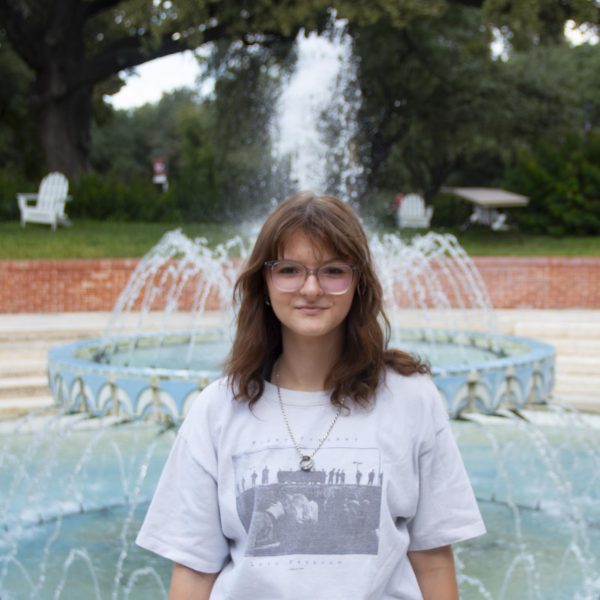
Cpl. Laura Turner • Nov 1, 2024 at 8:21 am
I enjoyed reading this article and look forward to when the book is published. I hope to see a follow-up promoting the book!